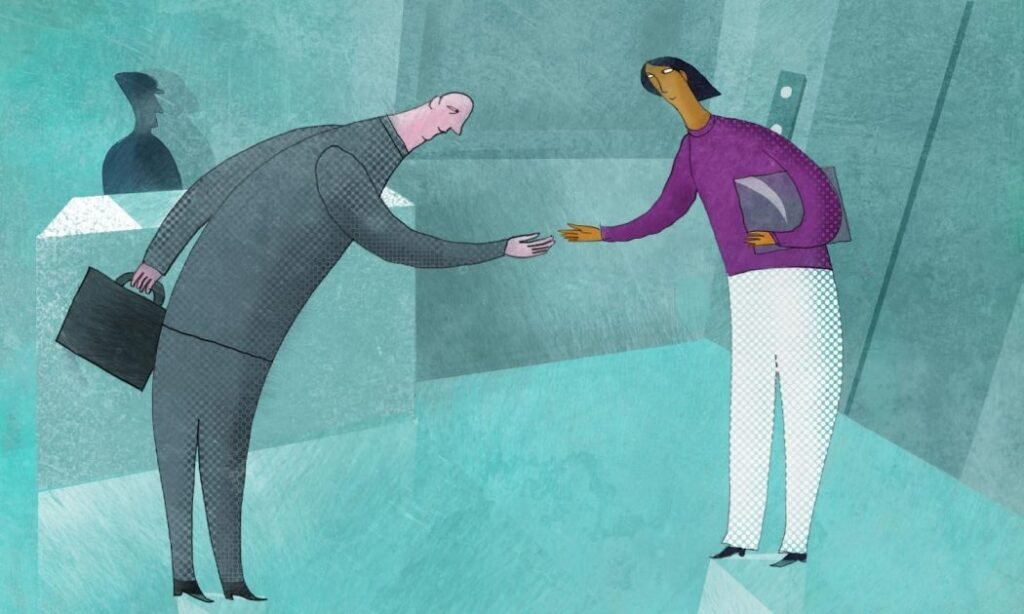Sometimes they don’t even think they have one.
It’s your BATNA, or your “best alternative to a negotiated deal.” In other words, it’s what you’re left with if a given trade doesn’t work out, it’s your default situation.
Your BATNA is critical as it determines your leverage in life’s most important negotiations, such as a job offer or the sale or purchase of a home, as well as in day-to-day business dealings. If you feel really good about your BATNA, you’re more likely to “stick to your guns” and not negotiate so hard. If you’re not happy with your default situation, you may be much more willing to concede some terms in the negotiation to make it work.
Despite the importance of BATNA, people have often lost how to define it, refine it, flaunt it, or perhaps hide it. Many people enter negotiations with the self-limiting belief that they have no BATNA. Others enter the negotiation with a false sense of security. And even when negotiators have a well-formed BATNA, they’re often unsure how to best leverage it.
By following the following dos and don’ts to understand, sharpen and leverage your BATNA to achieve the best outcome in any negotiation.
Don’t panic if you think you don’t have a BATNA.
If you only get one job offer or one offer on your home, you may not think you have a BATNA. In fact, you always have a BATNA, and you have to distinguish between having a BATNA and not liking your BATNA. For example, you may not want to stay at your current job (your BATNA), but if a job offer you’ve received doesn’t include what you see as fair compensation, it may be best to keep looking for new opportunities, especially if it’s early in your search.
Be proactive about your BATNA.
Think of your BATNA like a plant. needs to be nurtured. If you’re looking for a job, make sure you network and go to recruiting events so you can weigh a job offer against other potential opportunities. If you are looking for a supplier, talk to as many as possible who meet your general criteria. Don’t be passive when it comes to developing your BATNA.
Don’t lie when asked about your BATNA in a negotiation.
It is very likely that the other party will ask about your BATNA. If they do, don’t claim to have offers you don’t actually have. This is unethical and will likely destroy your credibility with the other party and possibly others. Instead, follow the tips below.
Signal that you have a BATNA, without showing your entire hand.
The other party will probably ask you about your BATNA. Rather than divulging exact details, such as compensation another employer has offered, say something like, “I have other options that interest me. But I’d rather talk about what it takes to work things out with you.” This keeps the focus on the current conversation and future relationship.
Don’t start a bidding war.
If you’re lucky enough to have multiple offers, don’t play them off each other—although a negotiation where price is the main term, like selling a home, might be an exception. One manager I know had his top choice job offer rescinded when the company found out another company was engaging them in a bidding war. As tempting as this kind of behavior is, it is short-sighted and can lead to a worse outcome. Don’t go there.
Share the terms of your top choice and goal.
Telling your top-choice company—or supplier or other counterparty—that they are your Number One can promote goodwill and expedite the negotiation. If you tell them they’re your top choice and they agree to your terms, accept the offer on the spot. If they don’t agree, tell them you need more time to “think it through” and then do so while you weigh your BATNA, including other existing or potential offers.
Don’t forget to be polite.
Appreciation matters. If a party makes you an offer, sincerely thank them for it. If you have more than one offer, remind yourself how lucky you are to be in this position and consider releasing some of them so you don’t waste people’s time. This could also open up space for other candidates.
I hope you find these dos and don’ts useful for your next negotiation, whatever it may be. I hope you get what you want. And if you can’t, then I hope your best alternative really is the best it can be
*
